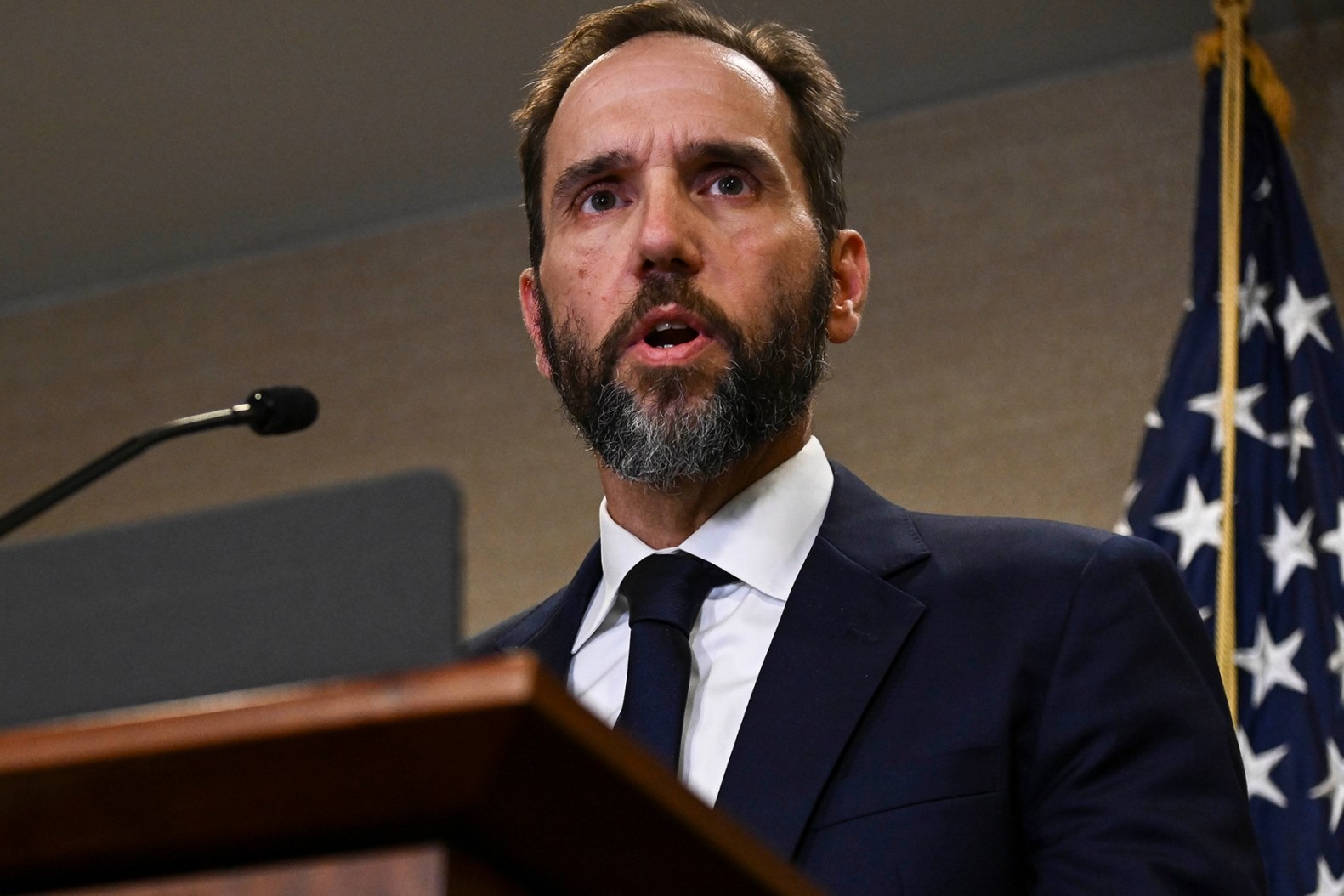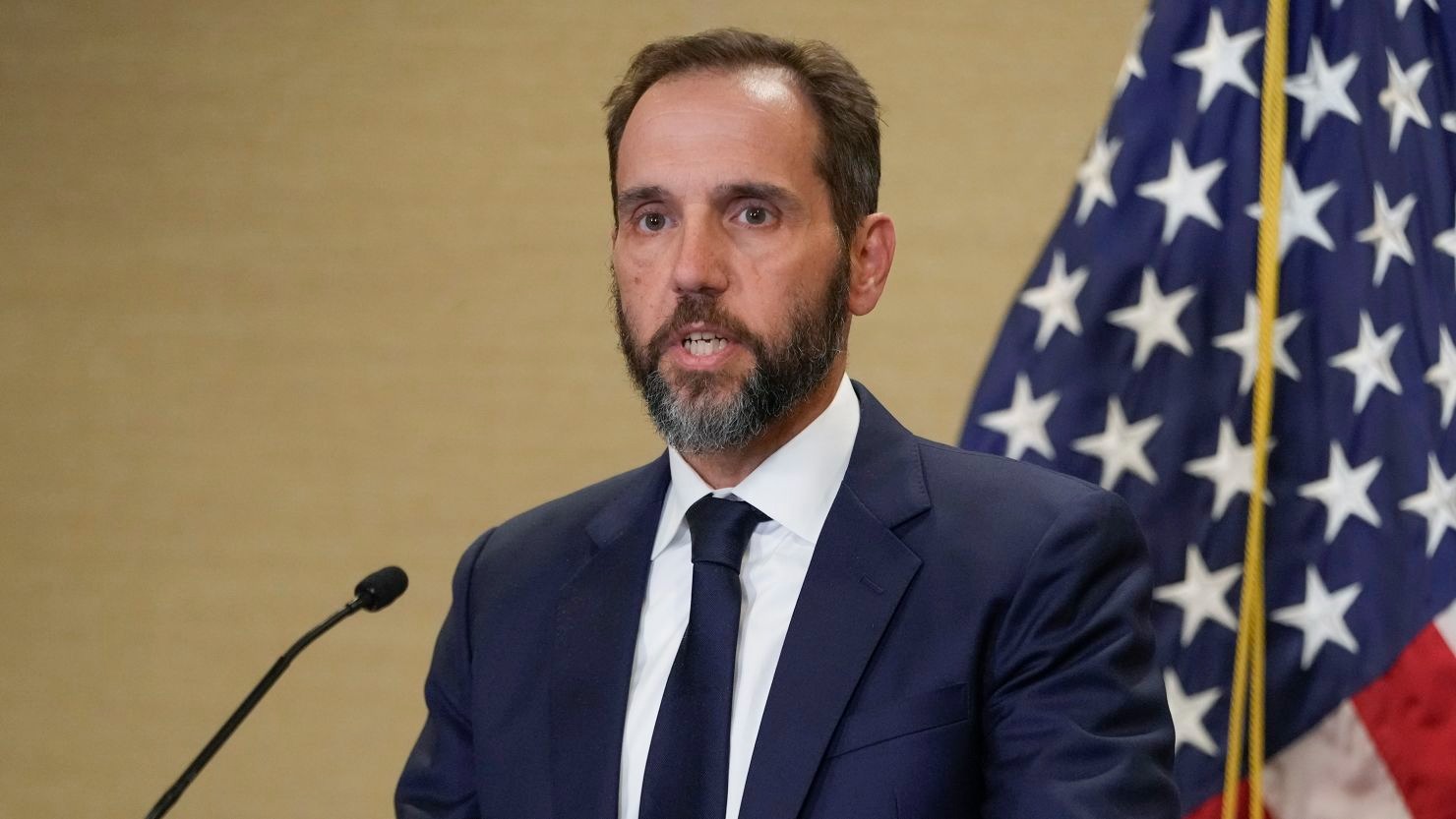In recent developments, former officials from the Trump White House have cast doubt on Donald Trump’s claims regarding his possession of thousands of presidential records, according to a new court document from Special Counsel Jack Smith.
This group, which includes a past national security adviser, White House lawyers, and chiefs of staff, unanimously stated they were unaware that Trump had ever designated these records as personal during his tenure.
This revelation is a blow to Trump’s defense in the ongoing Florida case where he is charged with the unlawful retention of classified documents found at his Mar-a-Lago estate.

Special Counsel Jack Smith (Credits: Rolling Stone)
Trump has maintained that he had the authority to personally classify these documents before leaving office, a stance that forms the crux of his legal argument.
Smith’s document, addressing a directive from Judge Aileen Cannon, articulates that none of the interviewed officials, despite holding high ranks within the Trump administration, recalled any instance where Trump explicitly marked presidential records as personal.
When questioned, these officials expressed they had never encountered such declarations from Trump regarding the Presidential Records Act (PRA).
The controversy centers on Trump’s handling of sensitive documents, with accusations of him storing classified information at Mar-a-Lago and subsequently obstructing efforts by federal officials to reclaim them.
This dispute underscores a broader legal and constitutional debate over the ownership and control of presidential records, as outlined in the PRA. This act, established post-Watergate, mandates that all presidential documents be turned over to the National Archives at the end of a president’s term, emphasizing that these records are government property, not personal belongings.

Counsel Jack Smith (Credits: CNN)
Judge Cannon’s recent inquiry into jury instructions about “unauthorized possession” of classified materials suggests a possible inclination toward viewing the documents as Trump’s items.
However, Smith’s response firmly opposes this notion, arguing against the legality of Trump’s purported actions under the PRA and highlighting a unanimous lack of corroboration from Trump’s team regarding his claims.
As the legal battle loosens, the case tests the boundaries of presidential power and record-keeping and intensely scrutinizes the PRA’s stipulations.
With the trial set for May 20, anticipation mounts over whether the proceedings will proceed as scheduled or face delays. Despite these legal skirmishes, the core issue remains the clear distinction of presidential records as national, not personal, assets, a principle deeply rooted in the aftermath of Nixon’s presidency and the integrity of American democracy.























